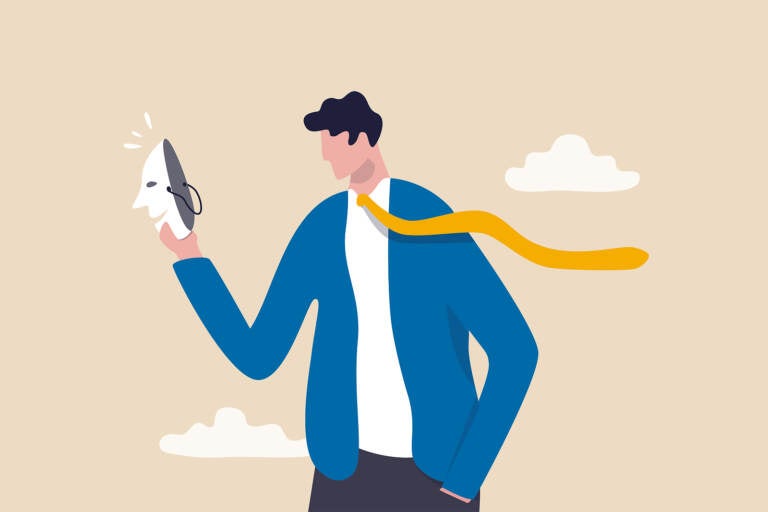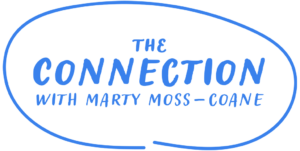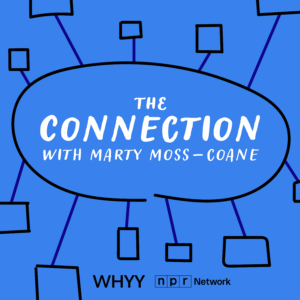Why We Sometimes Feel Like Imposters
Do you ever feel like a fraud at work or in your daily life? That people overestimate your talent or intelligence? We're digging into the imposter phenomenon this hour.
Listen 50:51
Imposter syndrome, hypocrisy, business dishonest or liar, fake, crime or fraudulent concept, depressed anonymous businessman holding smiling mask thinking about being or acting like another person.
Do you ever feel like a fraud at work or in your daily life? That people overestimate your talent or intelligence? Imposter phenomenon can be a heavy burden for people constantly battling self-doubt, questioning their achievements, and fearing that their perceived inadequacy could be revealed at any time.
Close to 70% of people report feeling like an imposter at some point in their lives, but some are pushing back on what’s popularly known as “imposter syndrome.” In this episode of The Connection, we dig into the imposter phenomenon — is it real, who experiences it and why, and how can we restore our confidence?
Our guests are MIT professor BASIMA TEWFIK. who says there can be an upside to imposter thinking, and University of Michigan professor KEVIN COKELY, who studies the phenomenon in minoritized groups.
WHYY is your source for fact-based, in-depth journalism and information. As a nonprofit organization, we rely on financial support from readers like you. Please give today.






